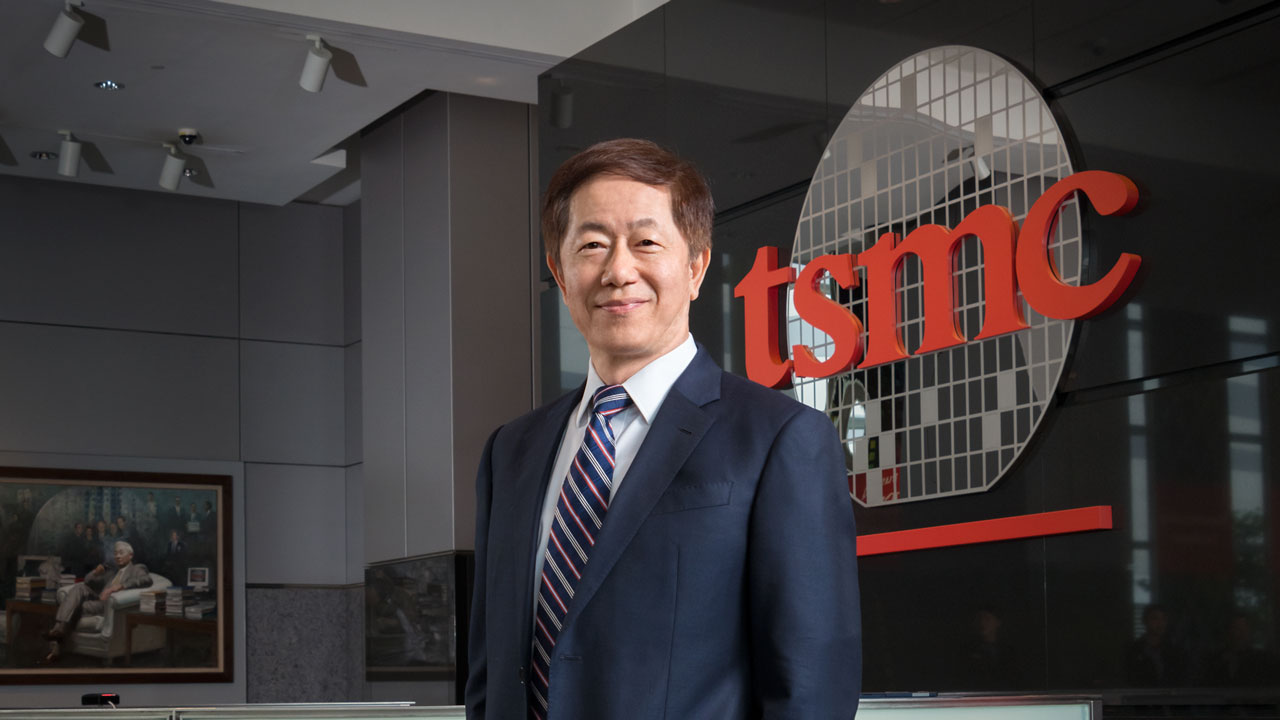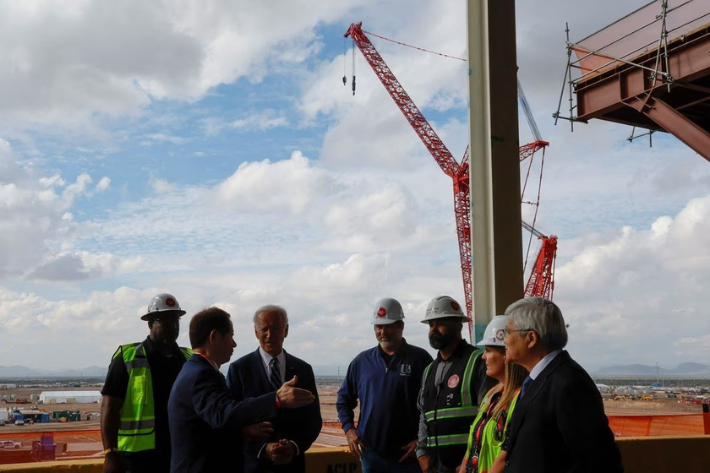By Matthew Connatser | Tom’s Hardware
On December 19, TSMC announced the retirement of chairman Mark Liu, but there has been increasing speculation that the chairman’s five-year tenure might have been ended forcibly (via Wealth Magazine). Taiwanese media voices theorize that Liu’s abrupt departure from the company is related to the construction delays for TSMC’s Arizona fab, which Liu spent much of 2023 trying to keep on track.
06 August 2023
Arizona’s Maricopa. County: No Water, No Workers, No Chips >> Climate Planning Could Doom TSMC Arizona Expansion
Furthermore, Taiwan knows that its real special sauce is precisely the technically skilled workforce that the United States lacks.
- Yet TSMC has doubled down on Phoenix, a place without a reliable long-term water supply for industry, little in the way of renewable energy, and a construction freeze that will make it challenging to house all the workers it needs to import.
No Water, No Workers, No Chips
TSMC and other tech giants need to take climate into account or risk seeing their investments go up in smoke.
- The county leads the nation in foreign direct investment, with Taiwan Semiconductor Manufacturing Corp. (TSMC), Intel, LG Energy, and others expanding their footprint in the Grand Canyon State.
- But Phoenix is neither the next Rome nor the next Detroit.
- The reasons boil down to workers and water.
Arizona dangled its low taxes and sunshine, but TSMC has had to fly in Taiwanese technicians to jump-start production at the 4 nanometer chip plant that was meant to be completed by 2024, but has been delayed until 2025 at the earliest.
- Forced to find other sources, industry players have stepped up buying water rights from farmers, essentially bribing them to stop growing food that would serve the region’s fast-growing population.
- Then there are the backroom deals involved in an Israeli company receiving the green light for a $5.5 billion project to desalinate water from Mexico’s Sea of Cortez and pipe it 200 miles uphill through deserts and natural preserves to Phoenix.
Now TSMC and its rivals are expanding production from Japan to the United States, Europe, and India. This globally diversified set of chip manufacturers is easier for China to exploit as countries more susceptible to Chinese pressure become less rigid in compliance with U.S.-led export controls over advanced technologies.
- At the same time, if the United States no longer depends on Taiwan itself for the majority of its semiconductor supply in just five to seven years, will it be as willing to defend Taiwan militarily?
- This, not Ukraine, is what Beijing is watching for as it pursues its own “Made in China” quest for self-sufficiency.
Industrial policy is back in vogue as a national security and economic strategy. But to get it right requires aligning investment into industry and infrastructure with the geographies of resources and resilience. The countries that build climate adaptation into their strategies will be the ones that build back better."
_________________________________________________________________________
TSMC Seeking up to $15 Billion from Federal Government for Arizona Chip Plants
Article originally posted on Phoenix Business Journal on April 21, 2023
Taiwan Semiconductor Manufacturing Co. is seeking up to $15 billion in tax credits and grants from the federal government to support its Arizona semiconductor plants amid concerns about subsidy criteria, the Wall Street Journal reported Wednesday.
TSMC expects to receive $7 billion to $8 billion in tax credits under the CHIPS Act, in addition to $6 billion to $7 billion in grants for its Arizona plants, according to the WSJ, citing people familiar with the matter.
TSMC is investing more than $40 billion in building two fabs in north Phoenix, marking one of the largest foreign direct investments in the state and U.S. history. It plans to employ more than 4,500 workers at its Arizona campus where it will produce 3-and-4 nanometer chips, the Phoenix Business Journal previously reported.
TSMC has expressed concern about CHIPS Act subsidy criteria, including rules that would require the company to share some profits with the U.S. government if returns exceed projections. The company is concerned that economics of its Arizona project may not pencil out if profits are capped by the government, according to the WSJ.










No comments:
Post a Comment